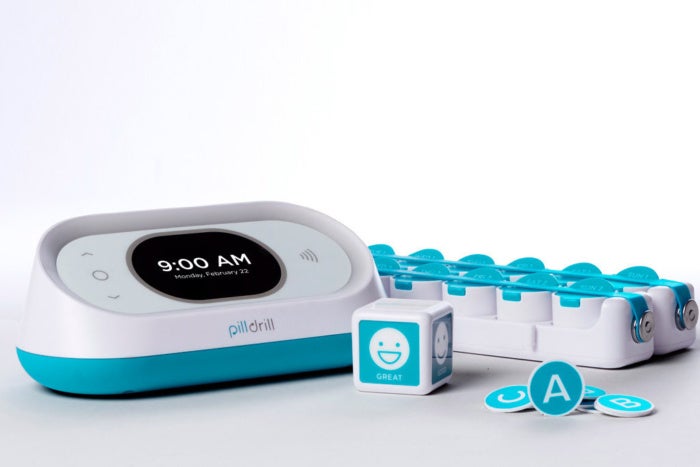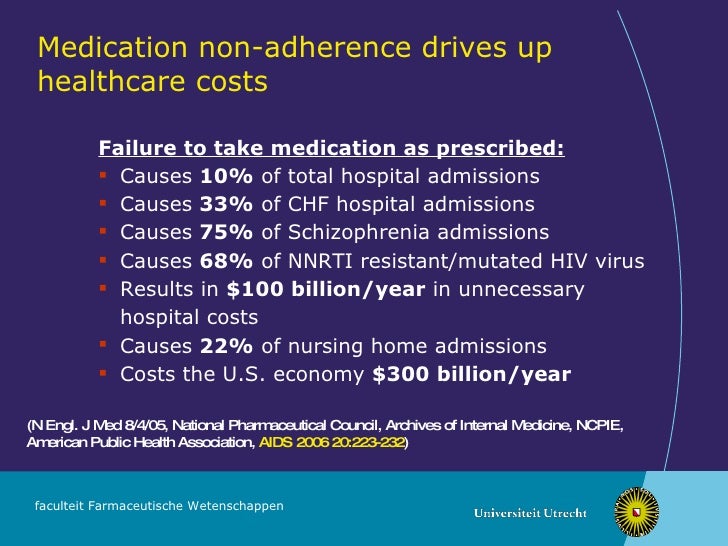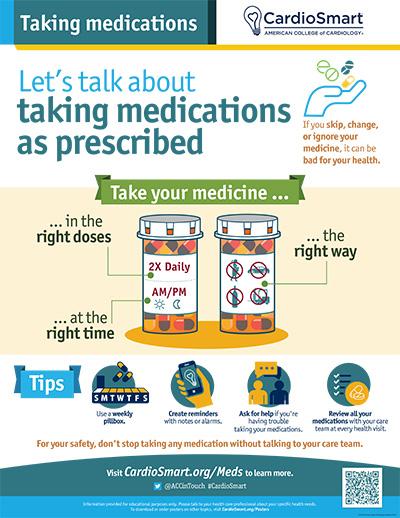Feb 16, 2016 taking your medicine as prescribed or medication adherence is important for controlling chronic conditions, treating temporary conditions, . In children, things are not a lot different. medication adherence is essential, as chronic conditions can affect their development and growth. in medication adherence importance some cases, it . Medication nonadherence is associated with worse health outcomes and higher health care costs among people with cvd or cvd risk factors. 14-17 in one study, higher adherence to prescribed medications for congestive heart failure, high blood pressure, and high ldl cholesterol levels reduced annual health care spending per person by an estimated.
Importance Of Medication Adherence In Treatment Needed Diabetic

Medication Adherence Making The Case For Increased Awareness
Apr 9, 2021 taking the medicine as prescribed or medication adherence is important for controlling chronic conditions, treating temporary conditions, and . Patients are entitled to know what might happen when they take a medicine. informing patients of potential side effects develops medication adherence importance trust, engages . As pharmacists, one of the most pertinent counseling points that we can offer to all patients is the importance of medication adherence. the annals of internal medicine published a study that looked at patient compliance and its impact on the healthcare economy.
History of the morisky medication adherence scales. 1983 american journal of public health published results from my doctoral dissertation focused on long term outcomes of 400 hypertensive patience who were given educational counseling on the importance of medication taking vs. a control group who were not given any counseling. Feb 01, 2016 · as pharmacists, one of the most pertinent counseling points that we can offer to all patients is the importance of medication adherence. the annals of internal medicine published a study that looked at patient compliance and its impact on the healthcare economy. Use the simple method 2 to help improve medication adherence among your patients: simplify the regimen. encourage patients to use adherence tools, like day-of-the-week pill boxes or mobile apps. work to match the action of taking medication with a patient’s daily routine (e. g. mealtime or bedtime, with other medications they already take. Medication adherence is a growing concern to clinicians, healthcare systems, and other stakeholders (eg, payers) because of mounting evidence that nonadherence is prevalent and associated with adverse outcomes and higher costs of care. 5 medication nonadherence is likely to grow as the us population ages and as patients take more medications to.

Vaica Medication Adherence Customized Solutions

Sep 27, 2021 good medication adherence importance medication adherence significantly prevents treatment needed diabetic retinopathy. hence, it is important to promote dm medication . May 8, 2017 adherence and compliance are pivotal in ensuring an improved health outcome for the patient especially if he is suffering from a chronic .

Overcoming barriers to medication adherence for chronic.
Overcoming Barriers To Medication Adherence For Chronic
What is medication adherence and why is it important? medication adherence refers to patients taking their medications as directed by their healthcare . Medication adherence is a crucial component in the treatment of chronic diseases. in the elderly, clinicians are faced with a unique set of problems associated with adherence that they may not have been adequately trained for. in this paper, we demonstrate the importance of medication adherence in the elderly through a case study. Feb 28, 2018 · the reasons for “medication non-adherence” are varied. affordability, a lack of understanding of the importance of the medications, and unpleasant side effects are some examples patients cite for not taking their medication as directed. beyond increased mortality, the result costs the united states billions of dollars per year.
Importance: among adults with chronic illness, 30% to 50% of medications are not taken as prescribed. in the united states, it is estimated that medication nonadherence is associated with 125 000 deaths, 10% of hospitalizations, and $100 billion in health care services annually. For instance, in patients with diabetes, each 10% increase in medication possession ratio rates reduces overall health care costs by 9% to 29%!. [5] using vaica’s solution has elevated medication adherence from levels of 50% to sustainable levels of 96% and above; thus, saving lives as well as endless unnecessary expenses. The importance of recognizing and improving medication adherence continues to draw more attention as the cost of medications continues to increase, advances in . Oct 11, 2015 · 1. introduction. adherence to medication is a crucial part of patient care and indispensable for reaching clinical goals. the who, in its 2003 report on medication adherence, states that “increasing the effectiveness of adherence interventions may have a far greater impact on the health of the population than any improvement in specific medical treatment” [].
The importance of. medication adherence. capt christopher lamer. pharmd, mhs, bcps, cde. “drugs don't work in patients who don't take them. The reasons for “medication non-adherence” are varied. affordability, a lack of understanding of the importance of the medications, and unpleasant side effects are some examples patients cite for not taking their medication as directed. beyond increased mortality, the result costs the united states billions of dollars per year. Jun 16, 2009 · medication adherence is a growing concern to clinicians, healthcare systems, and other stakeholders (eg, payers) because of mounting evidence that nonadherence is prevalent and associated with adverse outcomes and higher costs of care. 5 medication nonadherence is likely to grow as the us population ages and as patients take more medications to.
Behavioral interventions and counseling that actively engage the patient in his or her own healthcare should be used by pharmacists when attempting to improve patients’ medication knowledge and adherence. references. 1. ho pm, bryson cl, rumsfeld js. medication adherence: its importance in cardiovascular outcomes. circulation. 2009;119:3028. Having a medication routine is important for treating chronic and temporary conditions. the centers for disease control and prevention (cdc) estimates that . Jun 01, 2016 · medication adherence is a crucial component in the treatment of chronic diseases. in the elderly, clinicians are faced with a unique set of problems associated with adherence that they may not have been adequately trained for. in this paper, we demonstrate the importance of medication adherence in the elderly through a case study.
Improving medication adherence may have a greater influence on the health of our this is of paramount importance as 25–40% of patients do not fill a . Jun 18, 2019 · behavioral interventions and counseling that actively engage the patient in his or her own healthcare should be used by pharmacists when attempting to improve patients’ medication knowledge and adherence. references. 1. ho pm, bryson cl, rumsfeld js. medication adherence: its importance in cardiovascular outcomes. circulation. 2009;119:3028. Apr 20, 2020 · use the simple method 2 to help improve medication adherence among your patients: simplify the regimen. encourage patients to use adherence tools, like day-of-the-week pill boxes or mobile apps. work to match the action of taking medication with a patient’s daily routine (e. g. mealtime or bedtime, with other medications they already take. Specific factors identified as barriers to medication adherence among inner city patients with low socioeconomic status were high medication costs, lack of transportation, poor understanding of medication instructions, and long wait times at the pharmacy. 55 a lack of family or social support is also predictive of nonadherence, 52,56,57 as is.